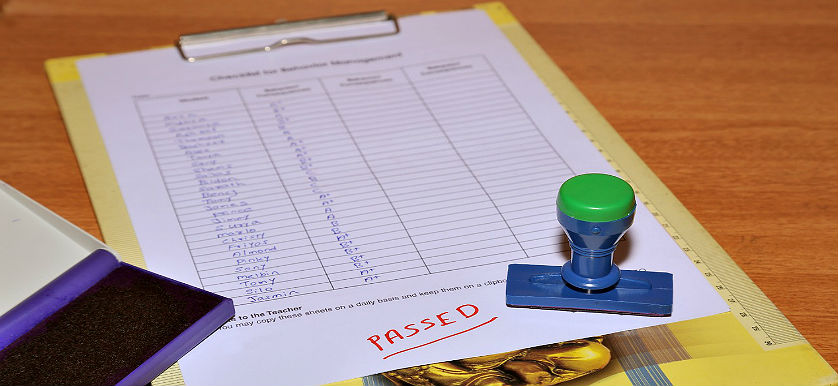7 Questions to Ask during Performance Catch-Ups

Performance management is evolving. Increasingly, organizations are abandoning their annual appraisal systems and moving toward continuous performance management — a more agile and intuitive way to engage and motivate employees.





